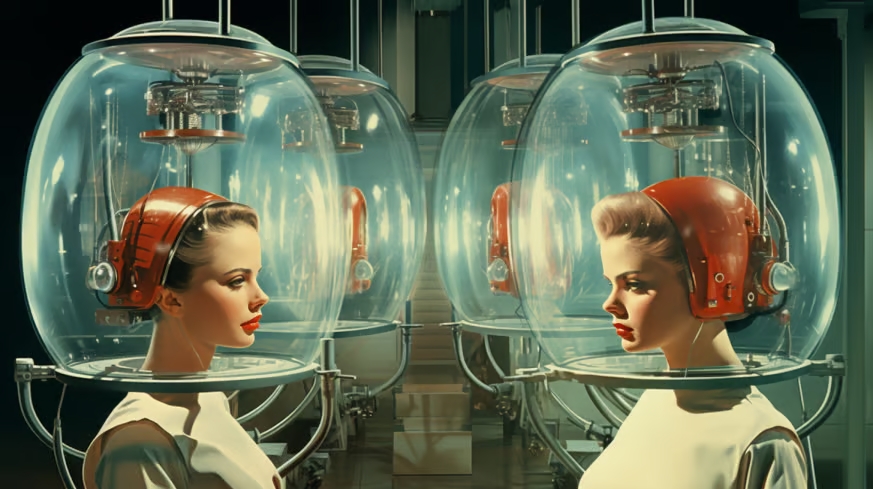From AI Covers to AI Clones: Why Voice Replication Is the Next Big Debate in Music

The Viral Rise of AI Voices
It started as a fun trend. AI-generated covers of famous artists singing songs they never recorded. Suddenly, we were hearing Drake on indie pop tracks and Ariana Grande covering The Beatles. But behind the viral buzz, there’s a growing concern: what happens when anyone can copy an artist’s voice in seconds? AI voice cloning has made that possible, and it’s forcing the music world to ask some serious questions about creativity, consent, and ownership.
Who Owns a Voice, Anyway?
An artist’s voice is more than sound, it’s identity. That’s why using someone’s voice without permission feels personal and invasive. In 2024, several high-profile cases popped up after AI-generated “fake” songs featuring big-name artists went viral. These incidents are shaping what many are calling the next copyright frontier: protecting your vocal likeness. Labels, lawyers, and even governments are now racing to define what “voice rights” really mean in the age of AI.
The Tech Behind the Imitation
AI voice cloning works by training on real vocal recordings until it can mimic tone, pitch, and emotion with scary accuracy. The same tech that can help restore old recordings or create assistive tools for artists can also be misused to impersonate them. That’s the tricky part,AI voice tech isn’t bad in itself, but it’s incredibly powerful. And when used without consent, it opens the door to deepfake songs that sound authentic but aren’t real.
How Detection Steps In
This is where AI music detection becomes crucial. By analyzing a song’s acoustic and digital fingerprints, detection tools can spot when a vocal is synthetic, cloned, or heavily AI-modified. These systems help record labels, streaming platforms, and even fans verify what’s real and what’s not. It’s a simple but powerful idea: bring transparency back into the music creation process.
The Future of Vocal Identity
We’re heading toward a world where an artist’s voice might be licensed just like their lyrics or melodies. That could actually be good news,AI can still be creative, but in a fair, transparent way. Detection tech will be part of making that possible, helping artists protect what makes them unique while keeping AI innovation alive. Because in the end, music isn’t just about sound,it’s about who that sound comes from.
